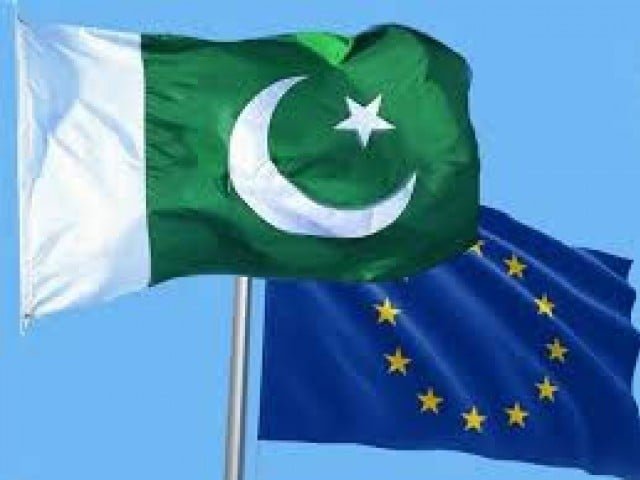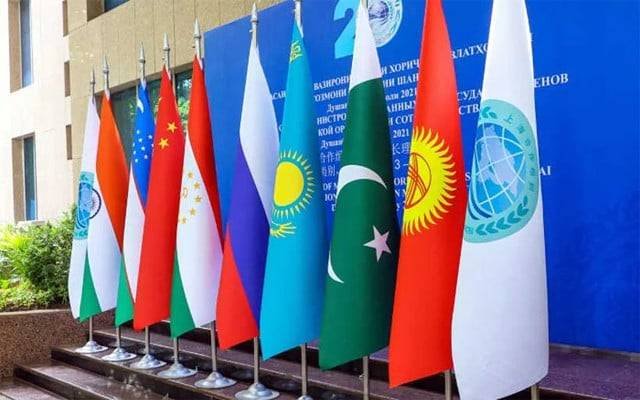Pakistan and the European Union (EU) have acknowledged the significant progress made in their trade and economic relations since Pakistan was granted Generalized Scheme of Preferences (GSP) status in 2014.
During the 14th Pakistan-EU Joint Commission meeting in Islamabad, the EU reiterated its stance on abolishing the death penalty and emphasized the need to continue the reform process related to mercy petitions.
The EU is Pakistan’s second-largest trading partner, and the GSP+ arrangement has played a key role in boosting bilateral trade. Both sides highlighted the importance of a strong multilateral trading system and exchanged views on global developments, including those at the World Trade Organization (WTO) and other forums.
The discussions also focused on the implementation of the GSP+ arrangement and challenges both sides face regarding market access. The Joint Commission was co-chaired by Dr. Kazim Niaz, Secretary of Pakistan’s Ministry of Economic Affairs, and Paola Pampaloni, Deputy Managing Director for Asia and the Pacific in the European External Action Service.
The two sides emphasized the need for continued cooperation in trade, migration, human rights, and political, economic, and development matters, particularly focusing on the Global Gateway strategy. They agreed to collaborate on emerging challenges like food and energy security, and climate change.
The meeting also addressed political developments, including electoral processes in Pakistan and the European Parliament. The EU stressed the importance of political pluralism, democratic values, and human rights, which are vital for free and fair elections. Both sides reaffirmed their commitment to human rights, including women’s, children’s, labor, and migrant rights, as well as freedoms like freedom of expression and tackling disinformation.
Pakistan presented its human rights reform agenda, highlighting efforts under the National Action Plans on Human Rights and Business and Human Rights, alongside actions towards implementing international conventions tied to GSP+. Both parties also exchanged views on religious freedom, the rights of minorities, and concerns about anti-Muslim hatred.
The EU expressed its continued support for Pakistan’s resilience and recovery efforts and outlined upcoming projects for the 2025-2027 period. Pakistan welcomed the EU’s backing for its recovery framework and the visit of the European Investment Bank in September 2024, agreeing to enhance engagement for new investments under the Global Gateway initiative.















